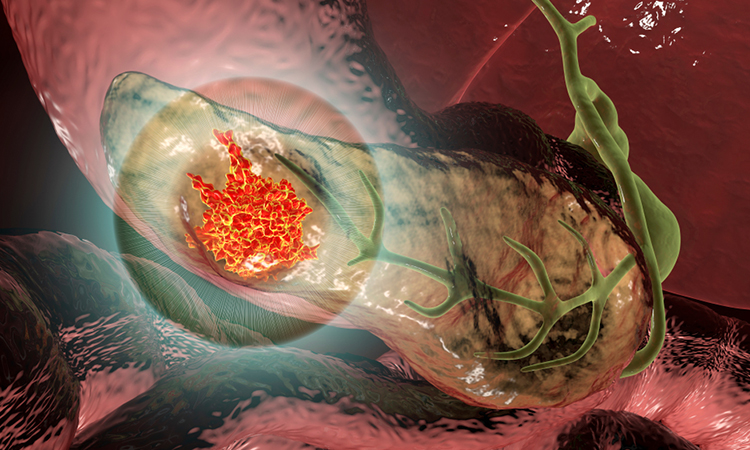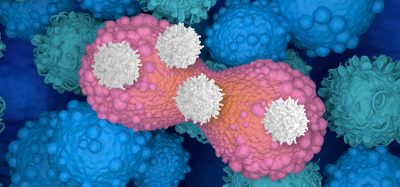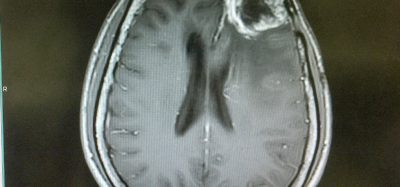Stem cell-based vaccine protects mice against pancreatic cancer
Posted: 7 May 2021 | Victoria Rees (Drug Target Review) | No comments yet
Researchers have developed a vaccine using stem cells that protected mice injected with pancreatic cancer cells from developing tumours.


Research by scientists at Stanford University, US, has advanced an old concept to develop a new strategy to train the immune system of mice to recognise cancer cells. This work is based on the recent understanding that induced pluripotent stem cells (iPSCs) produce a large set of antigens that have overlap to a specific type of pancreatic cancer and that these similarities can be used for potential clinical benefit.
According to the team, tumour cells often contain unique antigens that are rare or not found in other tissues of the body and like antigens from a virus, can be targets for the immune system. To date, it has been a challenge to develop an effective and durable vaccine against tumours.
In this study, the researchers capitalised on the knowledge that iPSCs produce antigens that are also found on different types of tumours, but not present in most normal tissue. They then vaccinated mice with the iPSCs that were treated with irradiation so that they would not divide and a CpG adjuvant to stimulate a robust immune response. Their hope was to train the mice’s immune systems to mount a response against the iPSCs, or any type of cell with a similar antigen makeup, including cancer cells.
Biomarkers are redefining how precision therapies are discovered, validated and delivered.
This exclusive expert-led report reveals how leading teams are using biomarker science to drive faster insights, cleaner data and more targeted treatments – from discovery to diagnostics.
Inside the report:
- How leading organisations are reshaping strategy with biomarker-led approaches
- Better tools for real-time decision-making – turning complex data into faster insights
- Global standardisation and assay sensitivity – what it takes to scale across networks
Discover how biomarker science is addressing the biggest hurdles in drug discovery, translational research and precision medicine – access your free copy today
The team found that the iPSC vaccination protected 75 percent of mice subsequently injected with pancreatic cancer cells from developing tumours. Furthermore, vaccination increased the number of tumour-targeting immune cells and the vaccinated mice developed antibodies against the cancer cells.
As this iPSC-based vaccine targets many cancer antigens simultaneously, this vaccination approach may be more durable as tumour cells may be left with fewer ways of escaping recognition by the vaccine-trained immune system. This strategy may also work for other cancer types with similar antigen makeup to iPSCs.
The researchers say that further studies are now required to show if iPSC cancer vaccines are safe and effective in patients, both in preventing tumour growth or re-growth and in eliminating established tumours.
The study was published in Stem Cell Reports.
Related topics
In Vivo, Induced Pluripotent Stem Cells (iPSCs), Oncology, Stem Cells, Vaccine
Related conditions
Pancreatic cancer
Related organisations
Stanford University







